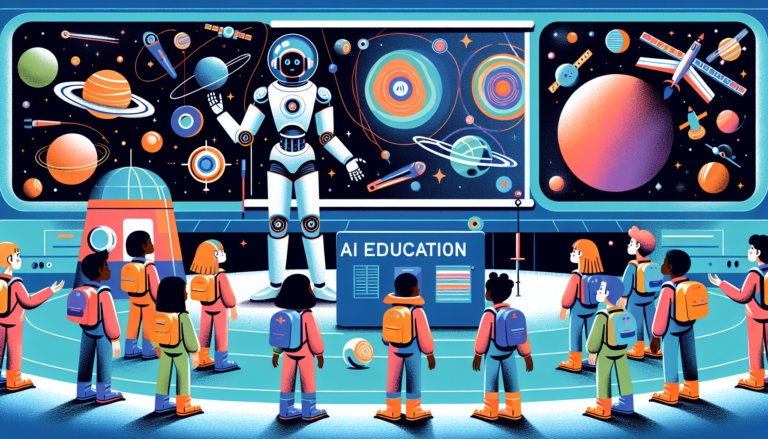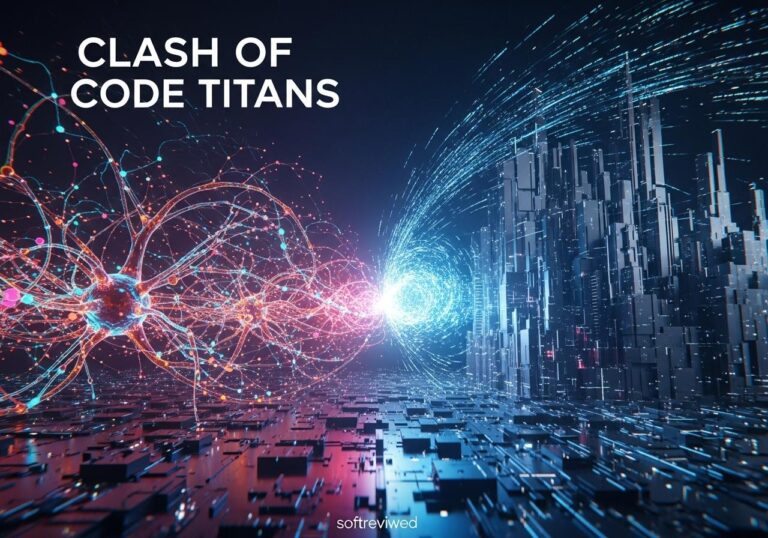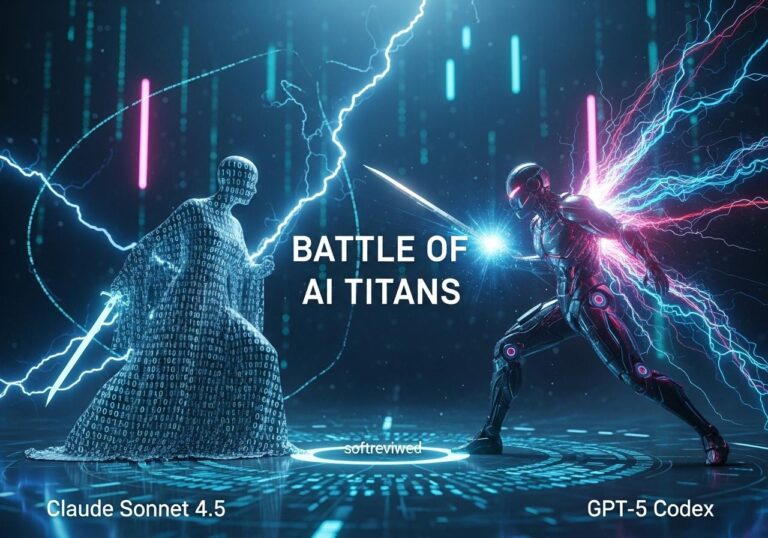Preparing Students for an AI-Powered Future
Integrating AI across education to empower the next generation.
Integrate AI Education
Incorporate AI concepts and skills across all subjects to prepare students for an AI-driven workforce. Incorporating AI concepts and skills across all subjects will provide students with a well-rounded understanding of how AI is shaping various industries. This approach will equip students to be versatile and adaptable in an AI-driven workforce, whether they pursue careers in healthcare, finance, engineering, or other fields. Additionally, providing ai and metaverse training will give students hands-on experience with emerging technologies, ensuring they are prepared to navigate the evolving landscape of AI in the workforce.
Empower Educators
Ensure educators understand AI implications, applications, and creation methods to develop AI-savvy learners.
Establish AI Guidelines
Develop clear AI policies and guidelines for education to address ethical considerations and privacy concerns.
AI Tools & Design
Combine AI tools with strong design principles for effective content creation and enhanced student engagement.
Industry Collaboration
Foster collaboration with industry partners to align education with workforce needs and enhance critical thinking and problem-solving skills.
As artificial intelligence (AI) continues to reshape industries and job markets, a pressing question emerges: Are our educational institutions equipping students with the necessary AI skills for the future workforce? Recent findings suggest a significant gap between what students learn and what employers expect, highlighting the urgent need for AI integration in education.
The AI Skills Gap in Higher Education
A recent report from Cengage Group has shed light on a concerning trend in higher education. The study, which surveyed 974 recent graduates from various educational backgrounds, reveals a stark disconnect between the skills students acquire during their studies and the AI-related competencies demanded by today’s job market.
Key Findings:
- 70% of recent college graduates believe generative AI should be integrated into courses
- Over 55% of graduates feel unprepared to use AI tools in the workforce
- 62% of employers expect both prospective and current hires to have foundational knowledge of generative AI tools
- 39% of graduates fear that generative AI could replace their job
These statistics paint a clear picture: there’s a growing demand for AI skills, but educational institutions are struggling to keep pace.
The Growing Importance of AI in the Workforce


AI is no longer confined to tech companies or research labs. Its influence is spreading across various sectors, including traditional industries. A separate study by Honeywell focused on the industrial sector highlights this trend:
- AI is expected to drive significant productivity growth in industrial settings
- The majority of industrial companies are actively exploring new use cases for AI
This widespread adoption of AI technologies across industries underscores the importance of equipping students with relevant AI skills.
To address the AI skills gap, educational institutions need to take proactive steps. Here are some potential strategies:
- Curriculum Updates: Incorporating AI-related courses and modules into existing programs
- Hands-on Experience: Providing students with opportunities to work with real-world AI tools and applications
- Industry Partnerships: Collaborating with businesses to ensure curriculum relevance
- Faculty Training: Equipping professors with the knowledge and skills to effectively teach AI-related subjects
- Cross-disciplinary Approach: Integrating AI concepts across various fields of study, not just computer science
Challenges in AI Integration
Despite the clear need for AI education, several challenges persist:
Faculty Resistance
Many professors are wary of AI technology and unsure how to incorporate it into their teaching effectively. This hesitation can slow down the integration process.
Rapid Technological Advancements
The field of AI is evolving rapidly, making it challenging for educational institutions to keep their curriculum up-to-date.
Ethical Considerations
The use of AI in education raises important ethical questions, particularly around fairness and potential biases in AI systems.
Resource Constraints
Implementing AI education programs may require significant investments in technology and training, which can be challenging for many institutions.
The Benefits of AI Integration in Education
Despite these challenges, the potential benefits of integrating AI into education are substantial:
- Enhanced Job Readiness: Students will be better prepared for the AI-driven job market
- Improved Problem-Solving Skills: AI education can enhance critical thinking and analytical abilities
- Increased Innovation: Familiarity with AI can foster creativity and innovation across various fields
- Better Understanding of AI’s Impact: Students will be better equipped to navigate the ethical and societal implications of AI
Expert Opinions on AI in Education
Leading figures in education and industry have weighed in on the importance of AI integration:
Michael Hansen, CEO of Cengage Group, notes: “The education system, as usual, plays a bit of catch-up, saying, ‘It’s important, but we haven’t built the curriculum we need to.'”
Tiffany Hsieh, Director of Innovation Programs at JFFLabs, emphasizes the need for collaboration: “Higher education has made strides in being more responsive to the skills that employers need, but in order to do that they need to have visibility into the skills that employers are looking for.”
The Road Ahead: Preparing for an AI-Driven Future

As we look towards the future, it’s clear that AI will play an increasingly significant role in the workforce. To ensure that students are prepared for this reality, educational institutions must take decisive action.
Steps for Educational Institutions:
- Conduct Skills Audits: Regularly assess the skills gap between current curricula and industry needs
- Develop AI-Focused Programs: Create dedicated courses or degree programs focused on AI and its applications
- Foster Industry Partnerships: Collaborate with businesses to provide internships and real-world AI projects for students
- Invest in Faculty Development: Provide training and resources for professors to effectively teach AI-related subjects
- Promote Lifelong Learning: Offer continuing education programs to help graduates stay updated with AI advancements
Recommendations for Students:
- Seek Out AI-Related Courses: Even if not part of your core curriculum, look for electives or online courses in AI
- Engage in Self-Learning: Utilize online resources and tutorials to build AI skills independently
- Participate in AI Projects: Look for internships or research opportunities involving AI applications
- Stay Informed: Keep up with AI trends and developments in your field of study
Conclusion: Embracing AI in Education for a Prepared Workforce
The integration of AI into educational programs is not just a trend—it’s a necessity for preparing students for the future workforce. While challenges exist, the benefits far outweigh the obstacles. By taking proactive steps to incorporate AI into curricula, educational institutions can ensure that graduates are well-equipped to thrive in an AI-driven job market.
As we move forward, collaboration between educational institutions, industry leaders, and policymakers will be crucial in shaping an education system that truly prepares students for the AI-driven future. The time to act is now—the future workforce depends on it.
FAQs About AI in Education
Q: Why is AI education important for students?
A: AI education is crucial because it prepares students for a job market increasingly influenced by AI technologies. It equips them with skills that are in high demand across various industries.
Q: How can universities start integrating AI into their curriculum?
A: Universities can begin by offering introductory AI courses, incorporating AI modules into existing classes, partnering with tech companies for real-world projects, and providing faculty training on AI technologies.
Q: What are some challenges in implementing AI education?
A: Challenges include faculty resistance, rapid technological changes, ethical considerations, and resource constraints.
Q: Will AI replace traditional teaching methods?
A: While AI can enhance teaching methods, it’s unlikely to completely replace traditional approaches. Instead, it will likely complement existing methods, offering new ways to personalize learning and improve educational outcomes.
Q: How can students prepare themselves for an AI-driven job market?
A: Students can prepare by taking AI-related courses, engaging in self-learning through online resources, participating in AI projects or internships, and staying informed about AI developments in their field of study.
By addressing these questions and taking proactive steps, we can work towards an educational system that truly prepares students for the AI-driven future that awaits them.







